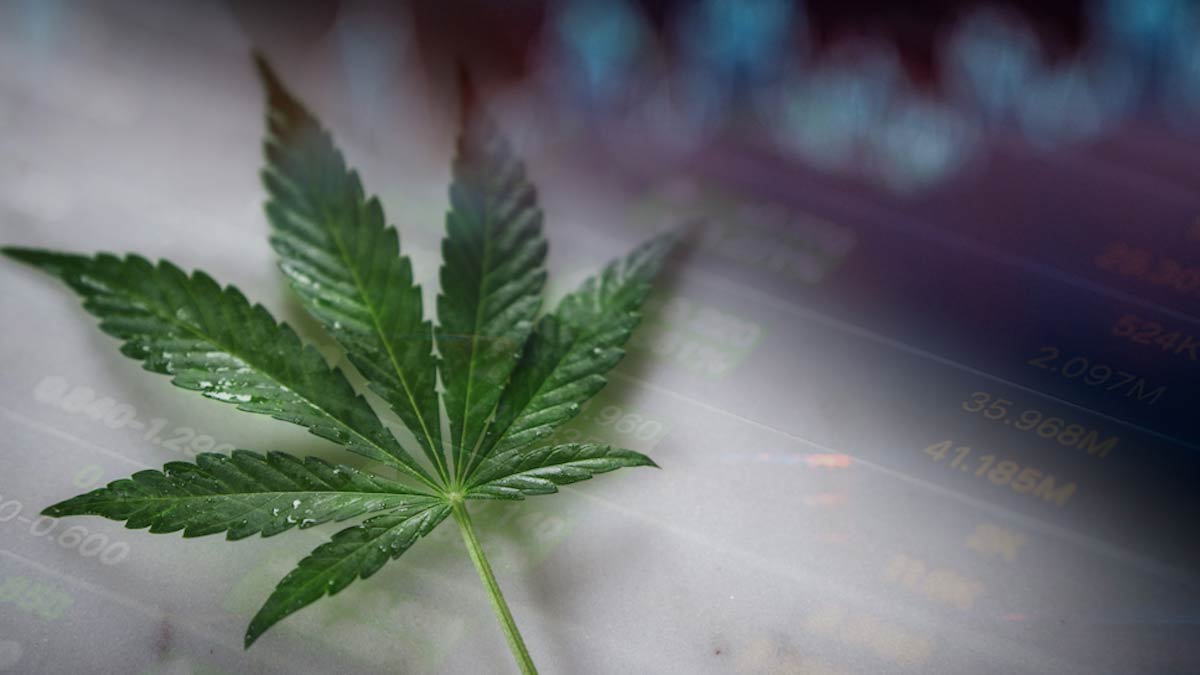In the last hundred years, many natural fibers have been surrogated by synthetics. Synthetic fibers may seem optimal because of their low prices and mass production, but they are produced by petroleum which means that they are non-biodegradable, non-renewable, and end in toxic waste products. Although synthetic fibers are cheap to produce, they have a negative impact to both our environment and our health.
The quickest expanding product of synthetic fibers is polyester, which had a demand of 55.2 million tons in 2014. However, the production and disposal of polyester leads to a concoction of environmental problems. The worst part of it is that petrochemical textiles have had a negative impact on many hard-working American farmers since synthetic fibers are not grown. Instead, they are taken from deep in the Earth which gets rid of the farmer from the process.
On the other side of the spectrum, hemp is renewable, biodegradable, and good for the environment. Hemp fibers contain some of the most durable mechanical properties of all natural fibers. In addition, hemp materials may be used in sundry applications from ropes to fabrics to bottles to building materials. Hemp is even capable of becoming a biofuel in order to power the mills that use it.
As energy extraction technology improves, the supply of hydrocarbons is said to be infinite. Obviously, that is not the case; sometime in the future, oil will become scarce and the world will be forced to turn to natural fibers. In the future when this hypothetical becomes a reality, people will turn away from synthetics and turn to cotton. However, it has been proven that hemp is superior to cotton in strength and other features which are why many hope that hemp will be the plant of the future.
MAPH Enterprises, LLC | (305) 414-0128 | 1501 Venera Ave, Coral Gables, FL 33146 | new@marijuanastocks.com










